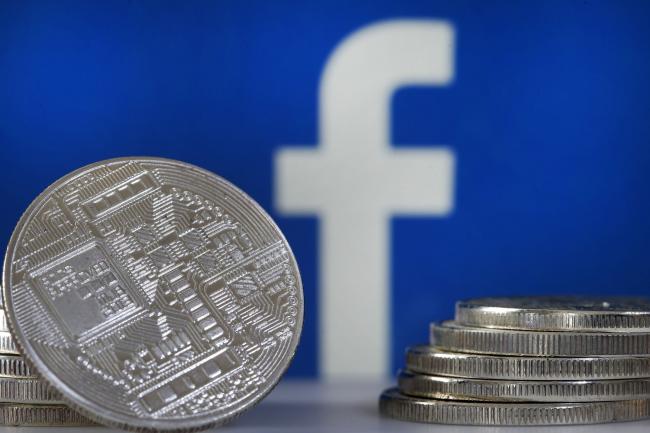(Bloomberg) -- The latest skepticism to Facebook Inc (NASDAQ:FB).’s plans for its new cryptocurrency called Libra comes from India as Asia’s third-largest economy is not keen on allowing the digital currency in the country.
“Design of the Facebook currency has not been fully explained,” Economic Affairs Secretary Subhash Garg said in an interview in New Delhi on Saturday. “But whatever it is, it would be a private cryptocurrency and that’s not something we have been comfortable with.”
Both the government and the central bank have virtually outlawed cryptocurrencies after it barred banks from dealing in them. While the Reserve Bank of India has placed restrictions, the government is drafting a law with stringent penalties on their use.
Last month, Facebook unveiled plans for Libra. When it launches in 2020 or later, it will be a stablecoin -- a digital currency that doesn’t fluctuate much because it’s supported by established government-backed currencies and securities. The company hasn’t yet formally sought permission from India to launch its digital currency in the country. Facebook didn’t immediately respond to an email seeking comments on government’s frosty reaction to their plans.
The response of the Indian government comes weeks after strategists with Jefferies Financial Group Inc. said Facebook’s Libra will be counting on continued explosive growth from emerging markets and especially India to succeed. The social media giant’s users in India have doubled since 2015 to about 310 million and are forecast to surge to around 440 million by 2023, Jefferies analysts led by Sean Darby said.
But before it can tap that huge user base there are regulatory hurdles to be crossed. India’s top court, in an interim order last year, endorsed the Reserve Bank’s April 2018 ban after cryptocurrency exchange operators challenged the move. The matter is coming up for hearing on July 23.
India’s central bank is defending its turf for managing electronic money and also trying to cut off an avenue for crimes using digital coins, while many nations such as Abu Dhabi and South Korea are creating rules to allow more secure crypto trading. The regulator is of the view that Bitcoins can’t be treated as currency as the law mandates them to be made of metal or exist in physical form and stamped by the government.
Separately, the government’s draft law called Banning of Cryptocurrency and Regulation of Official Digital Currency Bill, 2019, may propose a jail term of one to 10 years for those who mine, hold or sell it, according to a BloombergQuint report last month.
